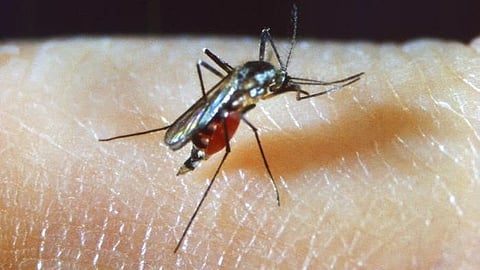“The prioritization will be of the most vulnerable countries,” Neira told VOA. “The countries now need the financial support to start to implement climate resilience facilities.”
The WHO is supporting high-risk countries to help their health systems prepare to cope with climate-sensitive diseases, she added.
“Women, children, older people, indigenous groups and ethnic minorities, migrants and the very poor have contributed least but are likely to experience most of the effects of the climate crisis, notably including through any increase in the burden of malaria or NTDs,” according to the review.
(VOA/AP)


